This article was co-authored by Jamie Corroon, ND, MPH. Dr. Jamie Corroon, ND, MPH is the founder and Medical Director of the Center for Medical Cannabis Education. Dr. Corroon is a licensed Naturopathic Doctor and clinical researcher. In addition to clinical practice, Dr. Corroon advises dietary supplement and cannabis companies regarding science, regulation, and product development. He is well published in the peer-review literature, with recent publications that investigate the clinical and public health implications of the broadening acceptance of cannabis in society. He earned a Masters in Public Health (MPH) in Epidemiology from San Diego State University. He also earned a Doctor of Naturopathic Medicine degree from Bastyr University, subsequently completed two years of residency at the Bastyr Center for Natural Health, and is a former adjunct professor at Bastyr University California.
There are 11 references cited in this article, which can be found at the bottom of the page.
This article has been viewed 26,920 times.
Cannabidiol, also known as CBD oil, is extracted from hemp or marijuana plants. People mostly take CBD oil for medicinal purposes because it does not contain any THC, which is the psychoactive component of marijuana. Although there's not much research available yet, it appears that CBD oil might be helpful for easing stomach pain. Talk with your doctor first to determine the cause of your stomach pain and let them know that you’re considering taking CBD oil. If they give you the green light, find a type and dose that works for you and make sure to follow up with your doctor if the pain continues, worsens, or if you develop any new symptoms.
Steps
Seeking Medical Advice
-
1See a doctor to find out what's causing your stomach pain. There are many reasons why you might be having stomach pain, from stress to gastritis to a side effect of a medication. See a doctor to find out what is causing your stomach pain before you try taking CBD oil to treat it. Some important details to tell your doctor include:[1]
- The type of pain you’re having, such as if it’s gnawing, stabbing, dull, crampy, steady, or sudden.
- The location of the pain, such as if it’s in your right, left, lower, upper, or middle abdomen.
- If anything triggers or worsens the pain, such as coughing, drinking alcohol, or feeling stressed.
- Whether you can relieve the pain by doing certain things, such as eating, drinking water, taking an antacid, or lying on your side.
- Any other symptoms you’re having, such as constipation, black or bloody stools, fever, nausea or vomiting, rash, or unintended weight loss.
-
2Ask your doctor about taking CBD oil to ease stomach pain. Once your doctor has diagnosed the cause of your stomach pain, discuss treatment options with them. Ask them directly about taking CBD oil for stomach pain to see if it might be a good option for you. Make sure to let your doctor know about any prescription and over-the-counter medications you take as well. Some medications may interact with CBD oil, such as:[2]
- Omeprazole
- Risperidone
- Warfarin
- Diclofenac
- Ketoconazole[3]
EXPERT TIPDr. Liana Georgoulis is a Licensed Clinical Psychologist with over 10 years of experience, and is now the Clinical Director at Coast Psychological Services in Los Angeles, California. She received her Doctor of Psychology from Pepperdine University in 2009. Her practice provides cognitive behavioral therapy and other evidence-based therapies for adolescents, adults, and couples.Licensed Psychologist
 Liana Georgoulis, PsyD
Liana Georgoulis, PsyD
Licensed PsychologistDid You Know? CBD targets pain receptors in the brain on a molecular level, which is why some people experience pain relief when they take it.
Advertisement -
3Look into alternatives to CBD oil if it's not an option for you. The type of treatment your doctor might recommend for your stomach pain will depend on your diagnosis. Ask your doctor what home treatments and medications you can use to deal with stomach pain if you are unable to use CBD oil. Some options may include:[4]
- Taking antacids for indigestion
- Taking over-the-counter painkillers, such as acetaminophen
- Drinking plenty of water and other clear fluids
- Holding a hot water bottle over your abdomen
- Soaking in a warm bath
- Cutting back on things like coffee, tea, and alcohol
- Sticking to bland foods, such as bananas, rice, toast, and applesauce
-
4Stop taking CBD oil and call your doctor if you experience certain symptoms. Although it’s rare, taking CBD oil may sometimes worsen a gastrointestinal disorder. Stop using CBD oil and contact your doctor right away if you develop any of the following symptoms:[5]
- Nausea
- Diarrhea
- Dry mouth
- Drowsiness
- Loss of appetite or weight changes
- Fatigue
- Continuing or worsening stomach pain
-
5Seek emergency medical attention if you develop severe symptoms. If your abdominal pain is accompanied by certain symptoms, you may need to visit the emergency department of your nearest hospital for treatment. Call emergency services or go to your nearest hospital if your abdominal pain is accompanied by:[6]
- Nausea, fever, or an inability to keep food down
- Difficulty breathing
- Bloody stools
- Vomiting blood
- Tenderness in your abdomen
Warning: You may also require emergency medical attention if you’ve recently been injured, the pain has lasted for several days, or if you’re pregnant. Don’t try to treat the pain with CBD oil in these situations.[7]
Taking CBD Oil
-
1Try using a CBD oil spray or drops for a quick way to administer it. CBD oil is available in the form of drops and spray that you can administer by placing them under your tongue. This method of administering CBD oil is quick, so you’ll probably notice the effects within 15 to 30 minutes. It also requires no special equipment.[8]
- You can find CBD oil online here.
- You could also add the drops to a beverage or food, but keep in mind that it will take longer to work this way than if you put the drops directly under your tongue.
-
2Inhale vaporized CBD oil with an e-cigarette. If you use a vape pen, you might consider getting CBD oil that you can inhale. This is the quickest way to get CBD into your bloodstream, so you may notice the effects within a few minutes. However, if you don’t already have a vape pen or other vaporizing device, you’ll need to purchase one.[9]
- One downside of this delivery method is that the effects will be short-lived. You’ll have to repeat the dose every 2-3 hours to maintain the effects.
EXPERT TIPDr. Jamie Corroon, ND, MPH is the founder and Medical Director of the Center for Medical Cannabis Education. Dr. Corroon is a licensed Naturopathic Doctor and clinical researcher. In addition to clinical practice, Dr. Corroon advises dietary supplement and cannabis companies regarding science, regulation, and product development. He is well published in the peer-review literature, with recent publications that investigate the clinical and public health implications of the broadening acceptance of cannabis in society. He earned a Masters in Public Health (MPH) in Epidemiology from San Diego State University. He also earned a Doctor of Naturopathic Medicine degree from Bastyr University, subsequently completed two years of residency at the Bastyr Center for Natural Health, and is a former adjunct professor at Bastyr University California.Medical Director of the Center for Medical Cannabis Education
 Jamie Corroon, ND, MPH
Jamie Corroon, ND, MPH
Medical Director of the Center for Medical Cannabis EducationExpert Warning: The main concern related to vaping is that there could be potentially harmful ingredients in the oil that's used to create CBD oil. That's why it's best to avoid vaping CBD oil unless you can access a Certificate of Analysis to verify the ingredients and amounts contained within the vape cartridge.
-
3Avoid edibles that might irritate your stomach more. CBD oil is also widely available in the form of candies, gummies, baked goods, and beverages. These are all convenient ways to take CBD oil, but they may cause stomach irritation. If you’re already dealing with gastrointestinal issues, you might want to try a different delivery route.[10]
- Note that this is a slow delivery method of taking CBD oil since it has to pass through your digestive system, so you might not feel the effects for 30 minutes or longer.
-
4Apply topical CBD oil if you don't want to eat or inhale it. CBD oil also comes in a form that you can rub onto your skin. You could try rubbing a topical CBD oil over your stomach if you’re experiencing stomach pain. One benefit of this option is that it may provide 4 to 6 hours of pain relief.[11]
- One downside of this delivery route is that you cannot ensure a precise dose.
-
5Start with a low dose of CBD oil and increase gradually if needed. Check the manufacturer's instructions for dosage suggestions and start with the lowest suggested dose. If the dose does not produce the desired effect, increase it for the next dose. Keep experimenting until you find a dose that works for you.
- Be aware that higher doses of CBD oil, such as in the range of 150 to 600 mg, may produce a sedative effect.[12]
Tip: Do not increase the dose any more once you find the level that works for you.
-
6Follow up with your doctor whether or not CBD oil is helping. If CBD helps to relieve your stomach pain, that’s great! However, it’s still important to work with your doctor and ensure that it’s safe for you to continue taking CBD oil. If CBD oil does not help with your stomach pain even after increasing the dose, talk with your doctor about other treatment options.[13]
- Keep in mind that the effects of CBD oil have not been studied long-term, so your doctor may want to run blood tests and evaluate your general health once every few months.
Warnings
- CBD oil is not regulated by the FDA, so be cautious when you purchase a CBD oil product. Always research any CBD manufacturers you consider buying from. Check to see if they have a Certificate of Analysis (COA). CBD oil manufacturers use a COA as proof of their product’s quality. Avoid manufacturers who don’t have a COA or refuse to share it.[14]⧼thumbs_response⧽
References
- ↑ https://www.mayoclinic.org/symptom-checker/abdominal-pain-adult/related-factors/itt-20009075
- ↑ https://www.health.harvard.edu/staying-healthy/answers-to-the-top-questions-about-cannabis-extract
- ↑ https://www.ncbi.nlm.nih.gov/pmc/articles/PMC5569602/
- ↑ https://www.betterhealth.vic.gov.au/health/conditionsandtreatments/abdominal-pain-in-adults
- ↑ https://www.mayoclinic.org/healthy-lifestyle/consumer-health/expert-answers/is-cbd-safe-and-effective/faq-20446700
- ↑ https://my.clevelandclinic.org/health/symptoms/4167-abdominal-pain/when-to-call-the-doctor
- ↑ https://my.clevelandclinic.org/health/symptoms/4167-abdominal-pain/when-to-call-the-doctor
- ↑ https://www.consumerreports.org/cbd/how-to-use-cbd-inhale-spray-apply-eat/
- ↑ https://www.consumerreports.org/cbd/how-to-use-cbd-inhale-spray-apply-eat/
- ↑ https://www.consumerreports.org/cbd/how-to-use-cbd-inhale-spray-apply-eat/
- ↑ https://www.consumerreports.org/cbd/how-to-use-cbd-inhale-spray-apply-eat/
- ↑ https://www.ncbi.nlm.nih.gov/pmc/articles/PMC3763649/
- ↑ https://www.health.harvard.edu/blog/cannabidiol-cbd-what-we-know-and-what-we-dont-2018082414476
- ↑ https://www.consumerreports.org/cbd/how-to-shop-for-cbd/

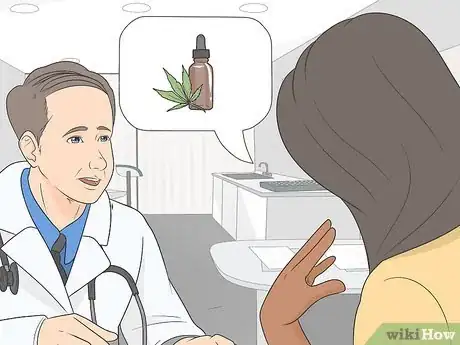
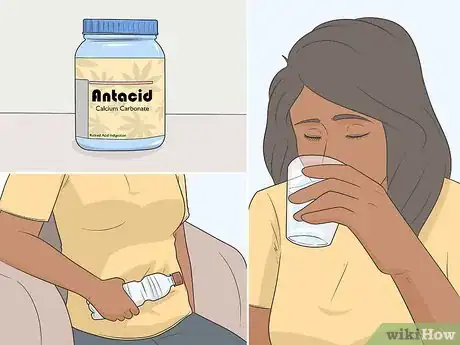
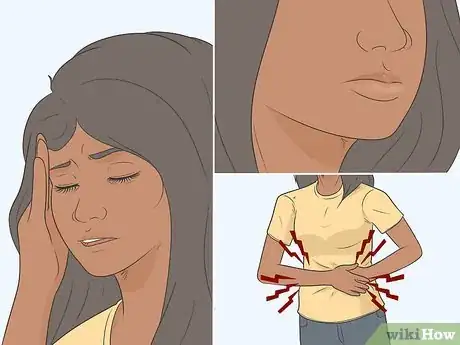
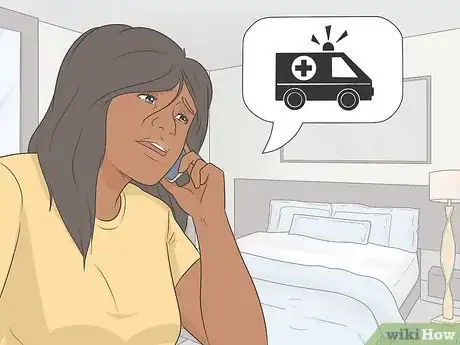
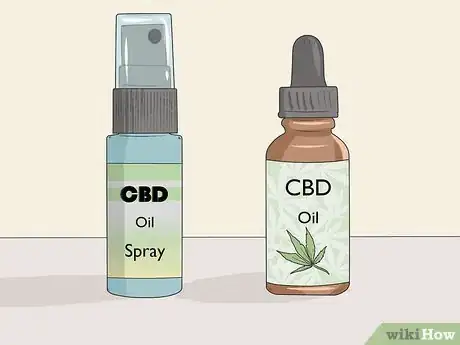

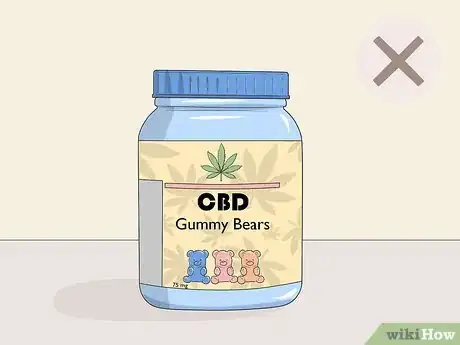
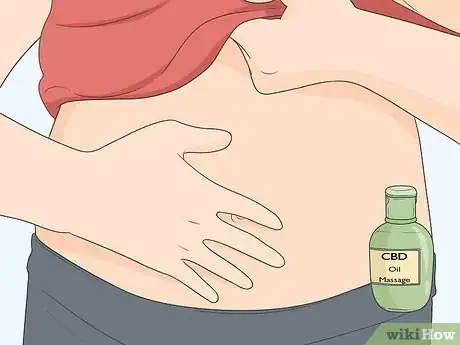
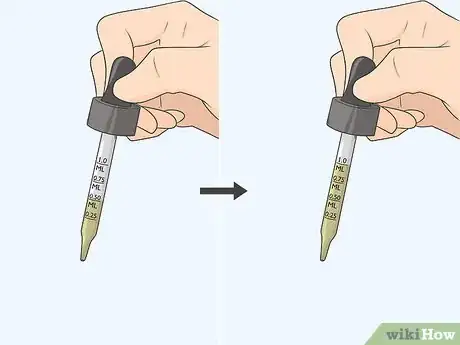




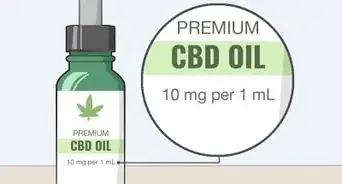
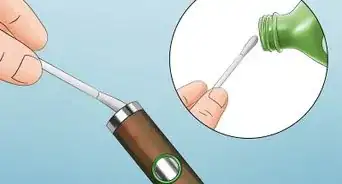





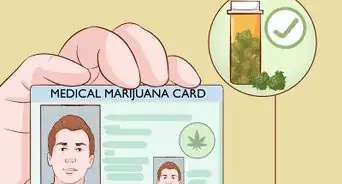












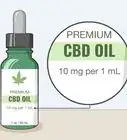



































Medical Disclaimer
The content of this article is not intended to be a substitute for professional medical advice, examination, diagnosis, or treatment. You should always contact your doctor or other qualified healthcare professional before starting, changing, or stopping any kind of health treatment.
Read More...